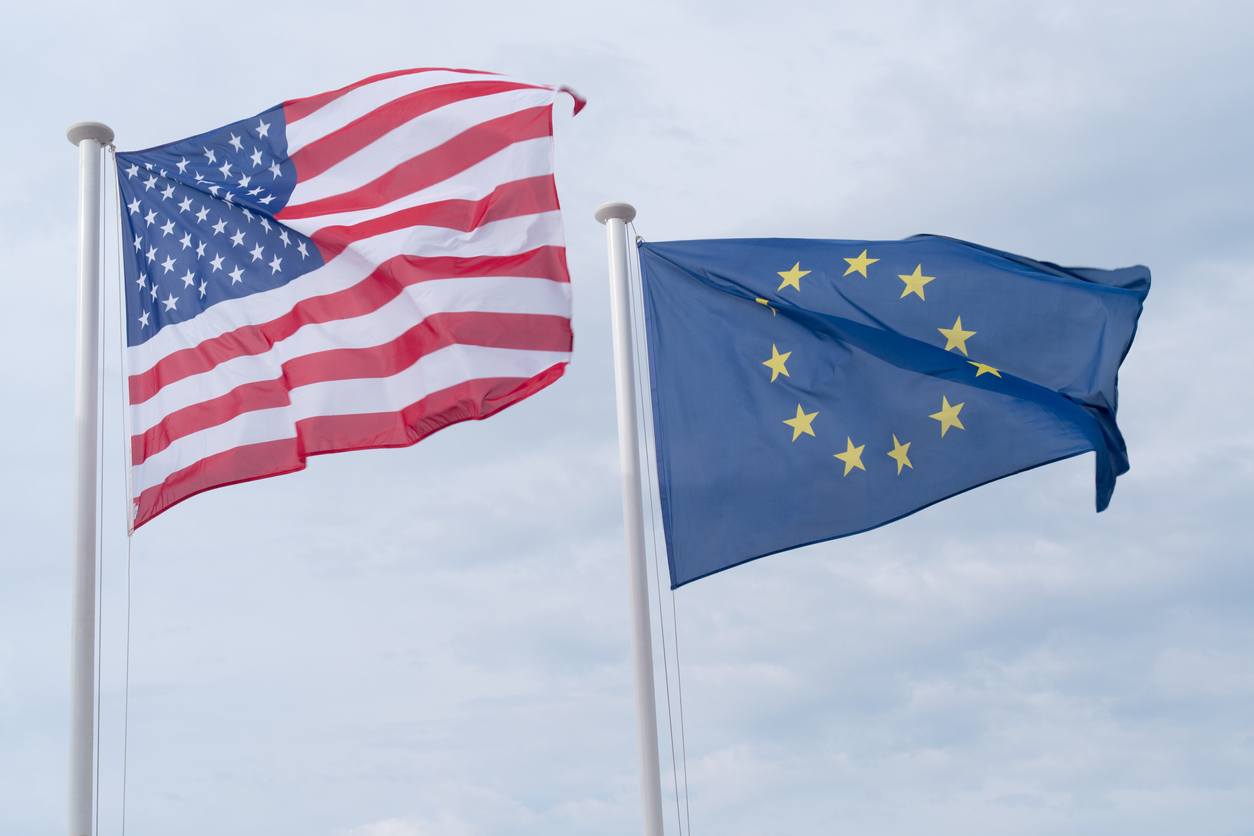Solutions to the conflicts over battery subsidies and steel tariffs are still pending.
The EU-U.S. summit in Washington has ended without concrete results in critical raw materials. At the meeting on Friday, U.S. President Joe Biden met with Charles Michel, President of the European Council, and Ursula von der Leyen, President of the EU Commission.
The joint statement states that the two parties had made progress, merely unspecific regarding a possible deal on critical raw materials. This agreement is intended to give European manufacturers of cars and batteries access to U.S. subsidies under the Inflation Reduction Act (IRA). The legislative package provides tax benefits on purchasing electric vehicles if they are predominantly assembled in the U.S. and parts of the battery and the raw materials they contain come from there. Exceptions apply only to countries linked to the United States by a free trade agreement or, optionally, by an equivalent raw materials agreement. Such an agreement was already signed with Japan in March (we reported), while an agreement with the EU has once again failed. “Insufficient concession on the part of the U.S.” was cited by its representatives as the reason, writes Redaktionsnetzwerk Deutschland (RND). Washington had only wanted to include “a comparatively small number of raw materials.” In addition, new demands had been made at short notice, such as inspections at the mines of European manufacturers, the Frankfurter Allgemeine Zeitung quoted diplomats as saying. The conflict over IRA subsidies has long strained relations between the transatlantic partners, as the EU fears disadvantages for domestic companies in the U.S. market. According to the European Union’s statistical office, the U.S. was the leading export destination for EU vehicles in 2022, accounting for 23 percent of the total.
No Agreement on Steel and Aluminum Tariffs Either.
The parties were also unable to agree on a permanent solution to the US punitive tariffs on steel and aluminum from Europe. These had been introduced by ex-President Donald Trump and merely suspended under his successor Biden. As we reported, the U.S. had recently proposed to refrain from imposing new tariffs in exchange for the EU initiating anti-subsidy proceedings and possible punitive tariffs against Chinese steel. In the negotiations, however, unlike its transatlantic partner, Europe insisted that the rules of the World Trade Organization (WTO) be observed in this regard.
According to RND, European business representatives were dissatisfied with the summit’s results. A great opportunity had been missed, said Bernhard Osburg, president of the German Steel Federation. In the middle of the transformation to climate neutrality, the EU could afford a trade conflict with the United States. The German auto industry association VDA also spoke of a “wrong signal in uncertain times.”
Photo: iStock/SurkovDimitri


